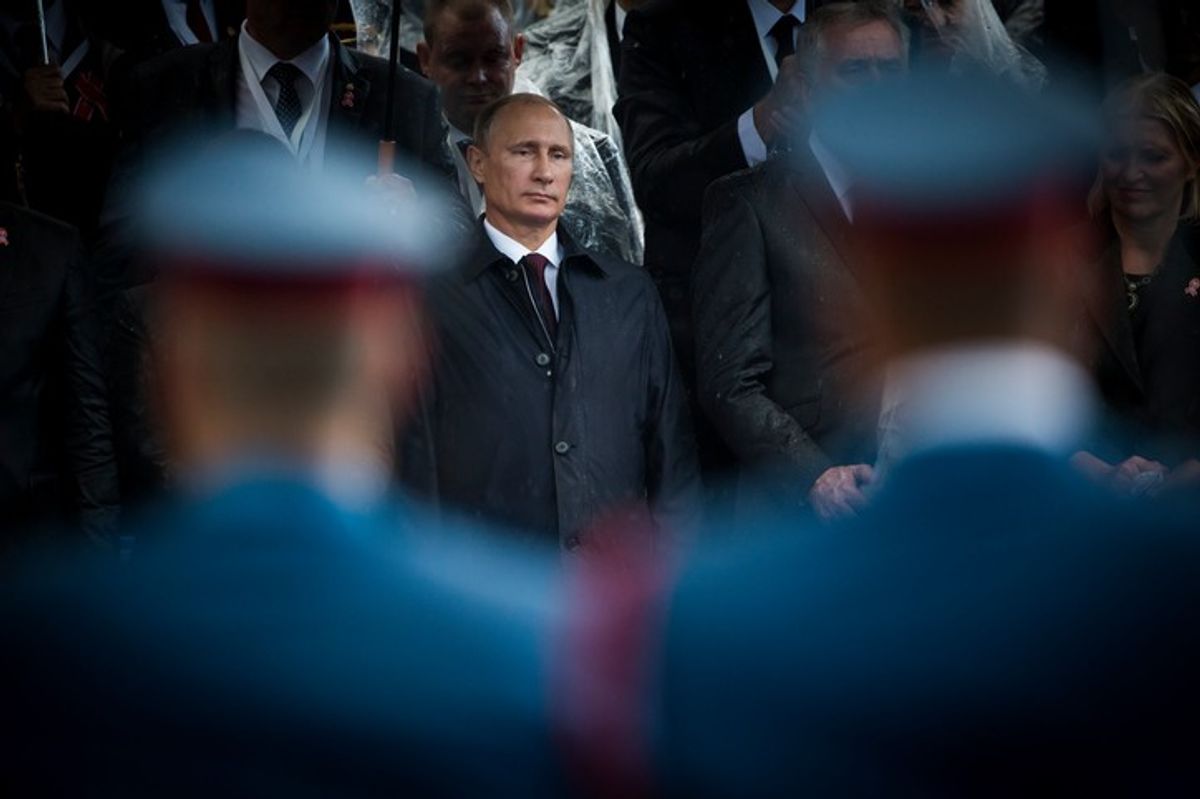For the past decade, the world has experienced a mild but persistent recession of freedom and democracy. More countries have been declining, rather than gaining, in political rights and civil liberties, reversing a 15-year post-Cold War trend. Levels of political polarization have been increasing, more democracies have been breaking down, there has been growing pressure on Internet freedom and civil society, and emerging-market democracies worldwide have found it difficult to overcome entrenched corruption and build a rule of law.
Latin America has not been immune from these trends. The region continues to enjoy a period of unprecedented democratic vitality, with more countries experiencing longer runs of democracy than at any other time in their histories. Moreover, until recently, a number of Latin American democracies – such as Brazil, Chile, Mexico, Ecuador, Bolivia, and Peru – were able to use the income from rising commodity export revenues to reduce poverty and inequality, with the aid of social policies like conditional cash transfer programs. In the region’s largest country – and one of its most unequal – millions of Brazilians were lifted out of absolute poverty under Presidents Lula da Silva and Dilma Rousseff.
However, this extended period of persistent and at least partially effective democracy has not brought a dramatic deepening of democratic norms. According to the 2015 Latinobarometer, the average level of support for democracy (as always the best form of government) is 60 percent, but it is much lower in big countries like Brazil (48 percent) and Mexico (37 percent). Only in three Latin American countries is a majority satisfied with the way democracy is working. Sixty percent of Latin Americans, on average, believe they have little to no say in how government works.
Beneath these figures lie persistent and rising levels of voter cynicism. Public institutions are broadly distrusted throughout the region, with political parties at the bottom (averaging about 20 percent). Congress and the judiciary generally do not score much higher. Only a third of Latin Americans, on average, trust the state (down from 42 percent in 2013), and more people are identifying as “left” or “right” than center (which has declined from 42 to 33 percent over the past seven years).
Political alienation and polarization may in part be products of democracy’s vigor. With more media competition, more citizens having access to social media, and greater transparency in general, scandals tend to be more frequently exposed. In the case of Brazil, they have led to the impeachment of Dilma Rousseff and at least her temporary removal from the presidency. Civil society has higher expectations and is capable of strident mobilization, as shown by recent student protests in Chile (by and large a democratic success story in the region). But people are responding to objective realities as well. Economic growth has sharply declined with the slowing of the Chinese economy and its voracious demand for commodity exports. With the expansion of extremely violent criminal gangs and networks linked to narcotrafficking, crime and violence have been exploding in Mexico, Central America, and parts of South America.
Finally, in many Latin American countries, political institutions remain weak. Parties tend to have shallow roots, and many of the older ones have lost much of their traditional voter bases. As traditional bases of support wither amid corruption scandals and civic disillusionment, voters become more attracted to populist outsiders or more extreme voices from the left and right, heightening political instability and polarization and making it more difficult to govern democratically.
This was the process in Venezuela that led to the election in 1999 of Hugo Chavez, who went on to personalize institutions and suffocate democracy in the following years. With financial and political support from Chavez, left populists also took power in Bolivia, Ecuador, and Nicaragua (with the return of the Sandinista former president, Daniel Ortega). Ortega has since decimated democracy in Nicaragua, and many observers feel that President Rafael Correa has also dragged Ecuador below the threshold of fair democratic competition. The process has been more ambiguous in Bolivia, where the indigenous leader Evo Morales has strengthened the participation of marginalized groups while at the same time eroding other aspects of the democratic process.
Fortunately, the swing toward authoritarian populism in Latin America has so far been limited. Last year, Argentine voters rejected the presidential candidate of the Peronist party, after 12 years of rule by the late Nestor Kirchner and his wife, Cristina Fernandez de Kirchner. Particularly under the latter, the quality of democratic institutions eroded. With the election of center-right presidential candidate Mauricio Macri has come a new emphasis on economic reform and controlling corruption. While the corruption scandal at Brazil’s giant, state-owned oil company, Petrobras, has shaken democratic stability and confidence in that country, the persistence of democracy in the face of this deep scandal suggests that democracy has become consolidated there for the first time in that country’s history.
A broad reversal of formal democracy thus appears unlikely in Latin America. But the extremely narrow margin by which a right-wing authoritarian populist – Keiko Fujimori (daughter of the former dictator, Alberto Fujimori) – lost the presidency in Peru testifies to the continuing fragility of democracy in a number of countries. While the elected President, Pedro Pablo Kuczynski, is a widely respected liberal democrat, he will have to find a way to govern with a Congress controlled by Fujimori’s Popular Force Party.
There is of course one more country in the hemisphere where political polarization is intensifying, the established party system is under assault, voters broadly distrust Congress and government, and a populist candidate with illiberal, xenophobic, and many believe authoritarian tendencies, is bidding for the presidency: the United States. Democratic institutions and values are much more firmly rooted in the U.S. than in any Latin American country, but the recent experience of the U.S. and Europe underscores that we are in a new era of democratic volatility, and democracy is not something we should ever take for granted.













